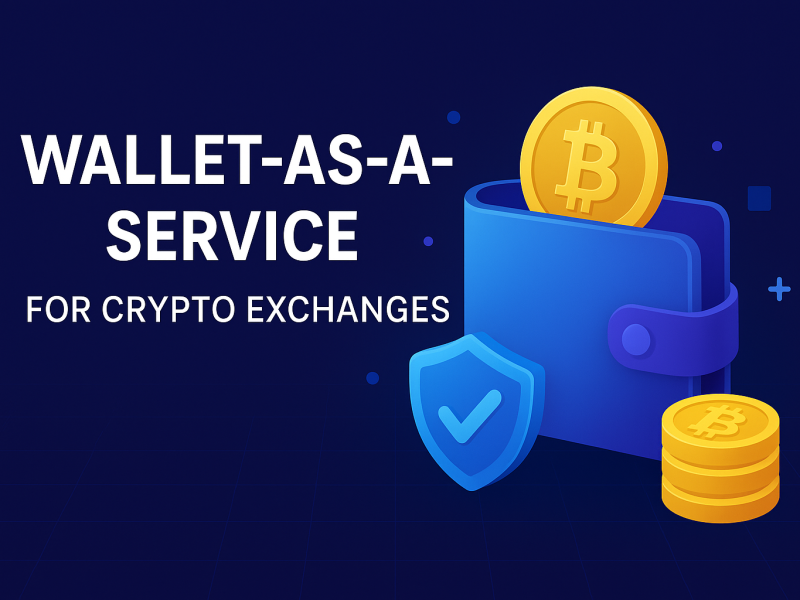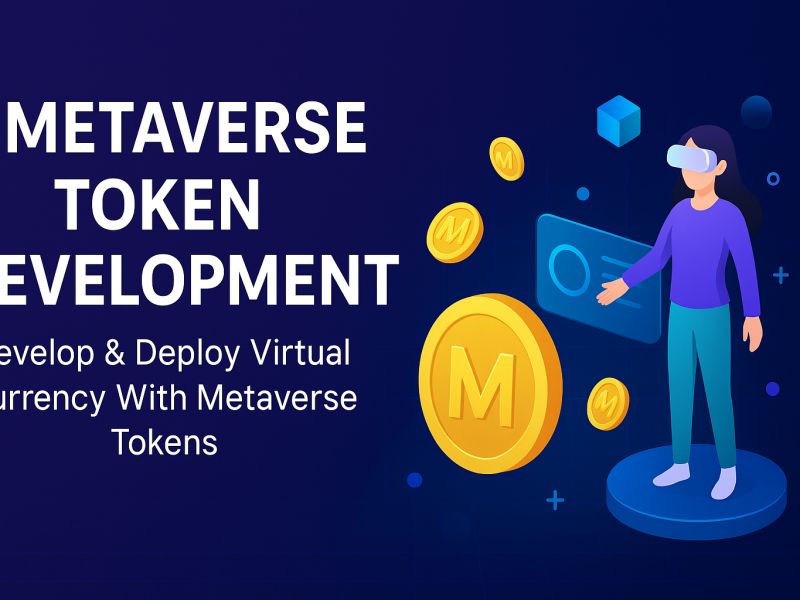When one looks closely at blockchain and realizes how malleable it is, they wonder why it has not yet seen widespread adoption. The straightforward response is the absence of comprehensive blockchain consulting. In 2018, the blockchain experienced highs and lows with the fluctuation of cryptocurrency prices. Unhappily, a widespread belief has taken root that “blockchain is not ready for production systems due to scalability, security, and privacy issues with transactions.” It turns out that this is a huge myth, particularly in the middle of 2019. Over half a billion dollars worth of assets is deployed by consumers from all over the world into a handful of #defi startups – primarily to earn interest in the range of 10 to 17 percent per annum, outperforming traditional banking infrastructure every day. An increasing number of #insurtech startups are attempting to decentralize the insurance industry, causing disruption. Nexus Mutual, one of our flagship Ethereum Blockchain projects, has begun offering community-driven insurance. Within two months of its launch, the project raised more than $2 million for its risk pool and insured individuals for more than $330,000; all of this is stored on smart contracts.
Why Blockchain Consultation is Not Simple?
Most blockchain implementations have failed due to the lack of affordable, all-encompassing blockchain consulting. The big four consulting firms are attempting to cross-sell blockchain consulting to their existing clientele, but it does not appear to be working.
Beyond technology consulting, blockchain requires a mental shift. A mentality is conducive to community-driven success. This is where most consultants struggle and cannot provide value to their clients, ultimately giving the technology a poor reputation.
Suppose you are tired of wasting valuable time. In that case, resources and money on unsustainable blockchain practices, the following list of the top five areas where complete blockchain consulting can help solve your problems will be of interest.
Also Read: Avalanche Blockchain: A Guide of the Well-Known ‘Ethereum-Killer’ Blockchain
Recognizing Pain Points and Then Considering a Remedy
Blockchain is frequently a solution in search of a problem within an organization. Before experimenting with emerging technology like blockchain, sufficient time and effort must be invested in identifying business pain points. Only then can this be avoided.
Examples of how various industries identify pain points and then consider blockchain-based solutions.
Blockchain in Government: For governments in developing nations such as India, Indonesia, and Papua New Guinea, the inability to modernize citizen service delivery is one of their most significant challenges. Their primary objective is to reduce the time required for service delivery, provide financial inclusion to citizens without the need to open bank branches on the last mile and increase the transparency of each step of a monetary transaction.
Blockchain in the Aviation Sector: For leaders in the aeronautics and aviation sectors, the need to reverse dwindling profits while preserving safety is an ongoing source of discomfort. However, they have not yet discovered a cost-effective solution that addresses both issues. Multiple stakeholders are constructing an avionics equipment maintenance audit trail using blockchain technology.
Blockchain in the Insurance Sector: The most significant obstacle currently facing the insurance industry is eliminating frictional costs from the traditional company-distributor model, which exposes the customer at the distributor level.
Other Businesses: There are numerous blockchain applications in Cross-Organization Workflow Automation, Supply Chain Track & Trace, Land Records, and Healthcare, and Blockchain in cyber security, to name a few. Contact our blockchain development experts to receive a guide detailing the top industry pain points and their blockchain applications.
2. Analysis of the Market
Considering current trends in a given industry or market is a crucial aspect of comprehensive blockchain consulting. When conducting a market analysis, four primary factors should be considered. As in any industry, you need a blockchain consulting firm you can rely on to gather the most recent information and guide you in the right direction.
Is the target market prepared to adopt blockchain? Implementing a Blockchain solution within your organization’s system will alter how the market interacts with your business. It will enable individuals and organizations to behave more as partners than as clients or customers. Building trust between your brand and its users is essential.
3. Identifying Use-Cases with Return on Investment impact
Blockchain appreciates situations in which mistrust is fundamental to intermediary involvement, stakeholder participation, and other business endeavors where trust is essential. Consider whether your business, organization, or institution could benefit from the belief fostered by blockchain.
The answer is that 99 percent of the time, it can! A wealth of theoretical information is available on potential blockchain use-cases, but the ROI implications of implementing the use-case are rarely discussed. Blockchain implementations must generate a positive return on investment for your business.
4. Guidance and Instruction from Experts
- Which blockchain platform should be selected?
- Should your organization operate blockchain nodes?
- Who will control the blockchain?
- Choosing between permissioned and public blockchains
- How does node orchestration function?
- Are transactions private?
- Does your organization require zero-knowledge proofs?
These are some of the most crucial inquiries your blockchain consultant should help you answer.
5. Proficient Blockchain Consulting Methodologies Ensure Successful Implementation
Any reputable and knowledgeable Blockchain company will walk you through a predetermined series of steps. While some companies may offer different wording procedures, most always adhere to the same guidelines when brainstorming with you. The majority of seasoned blockchain consultants implement the following Blockchain Consulting Procedures:
Ideation: After you explain what you hope to achieve with your proposed Blockchain solution, our technical team will collaborate and evaluate the viability of your proposed project. Once a solid plan has been developed, it is time to define your organization’s objectives.
Assessment: Our blockchain development team will assess your organization’s current technology and operational procedures during the next phase of your comprehensive Blockchain consultation.
Definition: Now is the time to arrive at a definitive understanding. Similar to the preceding phases, this phase involves substantial brainstorming on both sides: you provide insider industry knowledge, while we provide extensive Blockchain expertise. Together, we can transform your organization into a disruptive, market-leading competitor. To accomplish this, we must identify your current and future Blockchain-enabled systems’ opportunities, flaws, and improvement areas.




